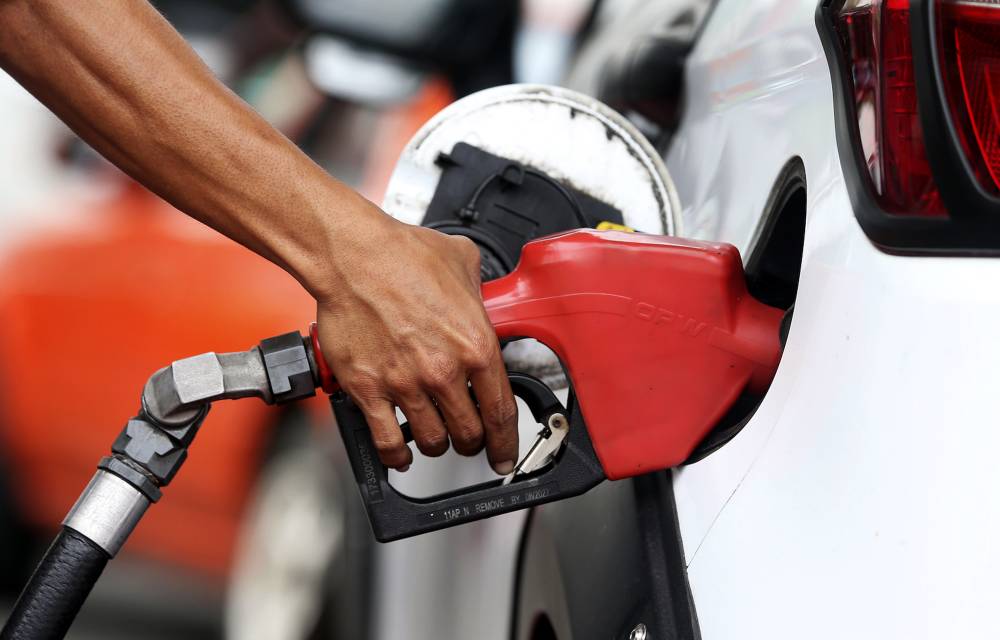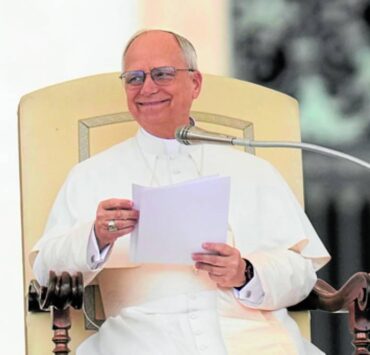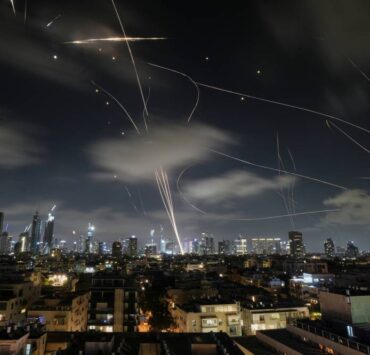Next week’s oil price hike seen exceeding P5 per liter

Expected on Tuesday, June 24, is an increase in local pump prices caused by global oil market fluctuations and Middle East tensions. And it will be more than P5 per liter, higher than the initial industry projections.
The Department of Energy (DOE) is set to meet with industry players on Monday to look at ways that could help alleviate the burden of the increase on consumers.
The meeting will “discuss the implementation of the price increase next week on staggered basis, promos and discount offerings of stations to help mitigate the impact of the price increase, among other things,” Jetti Petroleum president Leo Bellas said in a Viber message to reporters on Saturday.
Jetti Petroleum provided the following updated fuel price projections: an increase of P4.90 to P5.10 per liter for diesel and P3.20 to P3.40 per liter for gasoline.
The firm made the estimates based on the five-day trading in the global oil market.
US response factor
DOE Oil Industry Management Bureau Director Rodela Romero said on Friday that “a major oil price shock” awaits motorists as the Israel-Iran conflict threatens critical global shipping passage.
“Prices have remained elevated because of the Israel-Iran conflict that may be aggravated should the US be involved, pushing the risk of supply disruption from the region higher,” Bellas told reporters.
He said crude prices closed lower on Friday on the prospect of a diplomatic approach by the United States to the Middle East situation.
“Should the retreat in prices continue, which initially softened slightly following remarks from US President Trump that he would decide whether the US would get involved in the conflict in the next two weeks, the prices of refined fuel products could likewise ease down. But the succeeding movement of prices will depend on whether supply will actually be disrupted,” Bellas added.
Critical chokepoint
Central to the Israel-Iran conflict is the Strait of Hormuz, one of the world’s most critical oil chokepoints, situated between Oman and Iran. Large volumes of oil flow through the strait that also connects the Persian Gulf with the Gulf of Oman and the Arabian Sea.
Iran has previously threatened to close the strait and its escalating conflict with Israel has revived fears of closure.
“Although we have not seen maritime traffic through the Strait of Hormuz blocked following recent tensions in the region, the price of Brent crude oil (a global benchmark) increased from $69 per barrel on June 12 to $74/b on June 13,” the US Energy Information Administration said.
Fuel subsidies
To cushion the impact of future oil price hikes, the Philippine government has allocated more than P3 billion in fuel subsidies under this year’s national budget.
Of this amount, P2.5 billion has been earmarked for the Department of Transportation to provide subsidies to drivers of public utility vehicles, taxis, ride-hailing services, and delivery platforms nationwide.
The Department of Agriculture has also been allocated P585 million to help fishers and farmers who might be severely affected by higher pump prices.
The fuel subsidy grant is activated once the benchmark Dubai crude exceeds $80 a barrel.
The price of Brent crude settled at $77.01 per barrel, down by 2.33 percent as of Saturday.
According to a Reuters report, Brent inched up by 3.6 percent over the past week.

















